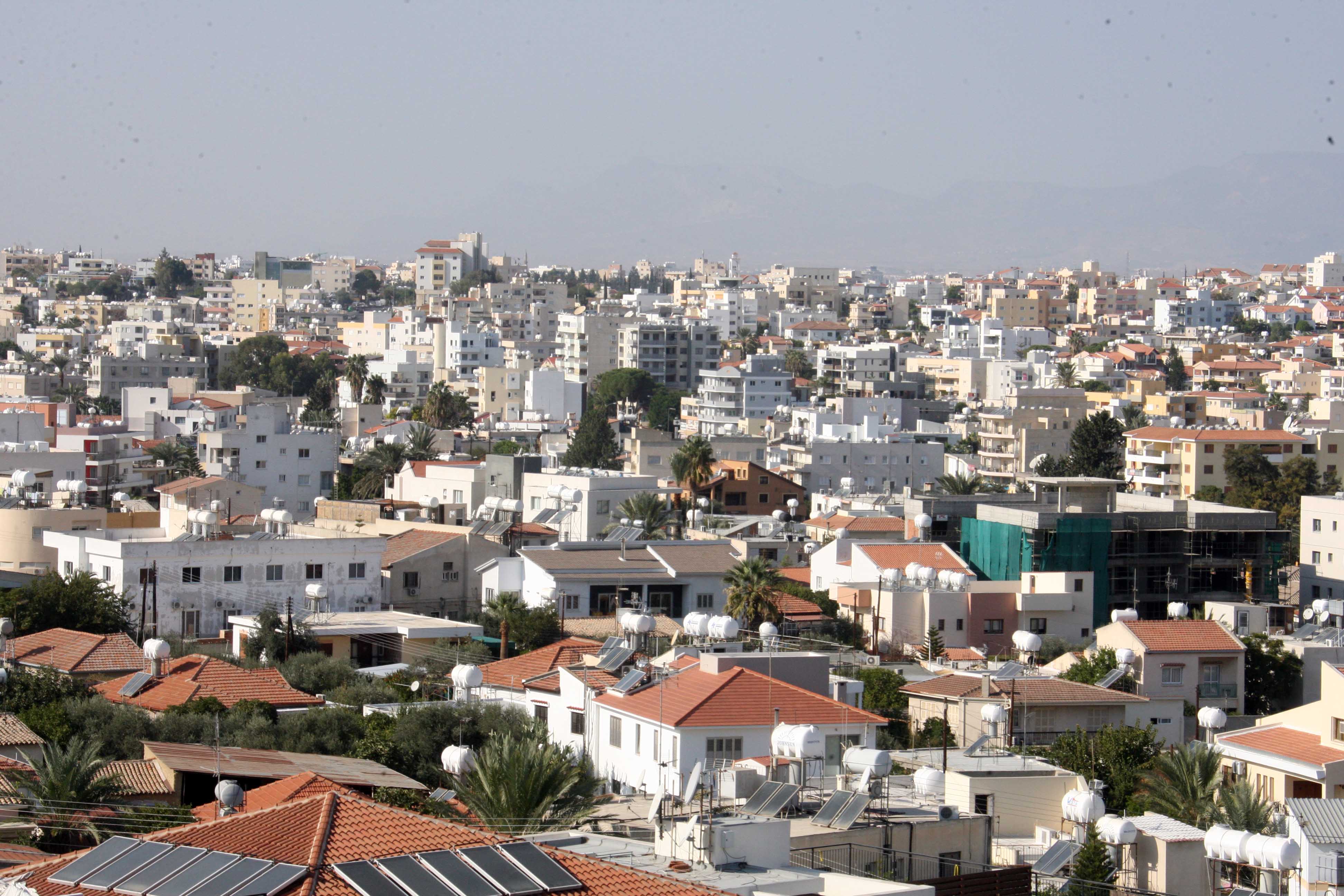One of the main criticisms of the tax reform, which the government wants to have in place from the start of next year, is that it has left wealth untouched. Not surprisingly, the main source of this criticism has been Akel which believes the proposed reforms would increase income inequalities, because of burdening low-income earners with more taxes and giving ‘peanuts’ to the middle classes, while “giving millions to the golden boys of the economy from the super-profits and accumulated wealth”.
This might seem a rather excessive claim, although Akel’s criticism is not without merit, given that apart from capital gains tax, which is relatively low, there is no inheritance tax or a tax on immovable property. One of the Sunday Mail’s business columnists, Les Manison, wrote last Sunday about the “favourable tax treatment of the property sector and of foreign professionals domiciled in Cyprus,” and pointed out there was “no evidence in the tax reform of any real consideration being given to raising taxes on property wealth, including levying higher taxes on purchases by third country nationals.”
It might not be a case of “giving millions to the golden boys of the economy,” as Akel asserted, but it is a valid point. The tax regime has always benefited property speculators as there is no cost to holding on to property (a government tax on immovable property was scrapped in 2017) and when it is sold the capital gains tax is low enough not to have acted as a deterrent. Imposing a tax on immovable property should have been included in the reform and perhaps it can still be done.
One of the complaints we are constantly hearing is about the high rents and the high price of buying a house for a young couple. This is largely because of the high demand for housing which has been boosted by the arrival of tens of thousands of foreign professionals. Another contributing factor is that many owners of land refuse to sell or develop it, preferring to let its value increase. While they have every right to do this, the state also has the right to tax this choice, as it pushes up land and rent prices by restricting supply. The government could also tax individuals and businesses that own properties which they keep empty, as a way of discouraging a practice that pushes up already high housing prices.
Another point made by Manison, which Akel could also have taken up, was the levying of higher taxes on property purchased by third country nationals. A few months ago, it was reported that a huge swath of land had been bought by a third country national who had no intention of developing it. It was speculation by a foreign national, on which the Republic places zero restrictions. Many EU countries have laws preventing the purchase of land by third country nationals, but in Cyprus we do not, so until such legislation is passed, high taxes must be imposed on land purchases by foreigners.
Akel is right to demand changes to the government tax reform plans. There is still time and the government should ask its advisors for suggestions on how it could tax wealth, not as punishment but because it would make the operation of the housing market smoother.






Click here to change your cookie preferences